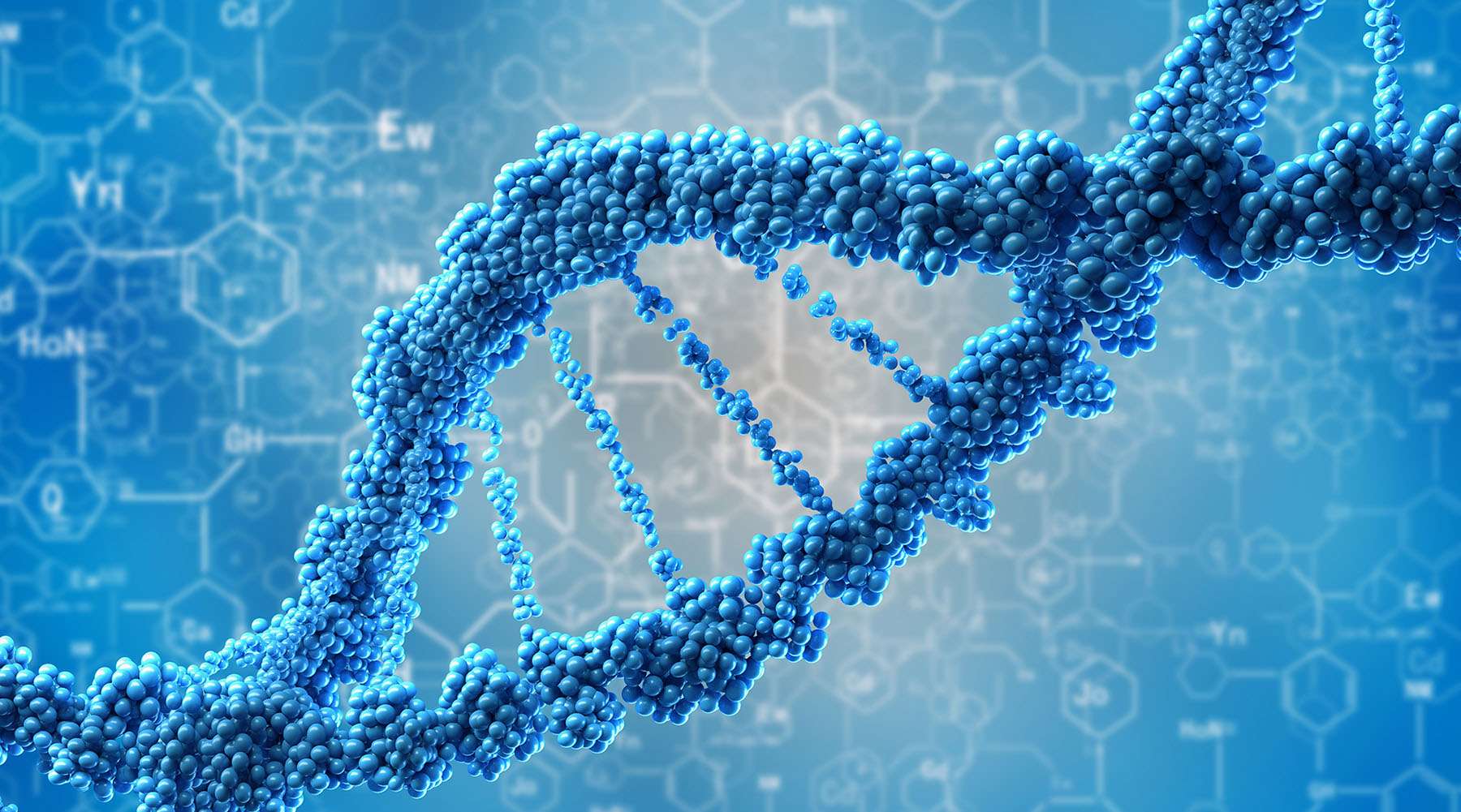Anti-oxidative potential of bioactive peptides released during fermentation of bovine milk with Lactic Acid Bacteria
Keywords:
Bovine milk peptides, Fermented milk peptides, Free radicals oxidation, Casein bioactive peptides, Antioxidative activityAbstract
Antioxidants function by preventing the formation of radicals or by scavenging radicals or hydrogen peroxide and other peroxides. Bioactive-peptides generated from the digestion of milk proteins are reported to have antioxidative activities. This study has been carried out to see the effect of Lactic Acid Bacteria for the production of Anti-oxidative activity through the fermentation of bovine milk. In present research antioxidant activity of milk protein hydrolysates has also been shown. We used three different cultures of Lactic Acid Bacteria for the fermentation of bovine milk from different sources. Out of three one was pure culture of Lactobacillus helveticus NCDC 292, second one was curd with unknown strain and third was combination of Lactococcus and Lactobacilli. Bioactive peptides generated during fermentation demonstrated antioxidative effect on the inhibition of lipid per-oxidation. The Antioxidative effect of peptides was higher for the culture used in combination i.e. 58-89ppm butylated hydroxytoulene (BHT), then of Lactobacillus helveticus i.e. 55-75ppm butylated hydroxytoulene (BHT), & least for local curd i.e. 46-60ppm butylated hydroxytoulene (BHT). This indicate that mixed strain of dairy demonstrate excellent antioxidative activity, Thus that antioxidative activity increases with the combination of specific Lactic acid Bacteria in comparison to the single Lactic Acid Bacteria.Downloads
Published
2014-06-01
Issue
Section
Articles
